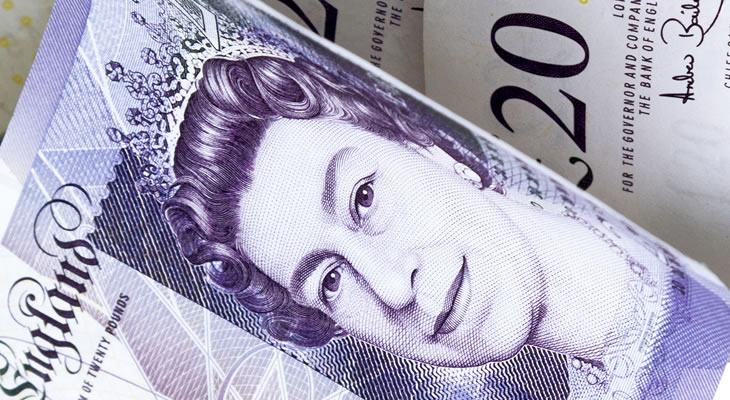The Pound to Australian Dollar exchange rate (GBP/AUD) has risen slightly today, although Sterling remains vulnerable to Brexit discussions next year.
Will Phase Two of Brexit Talks Boost GBP/AUD Exchange Rate?
Looking ahead to 2018, one of the main influencers on the Pound is likely to be the second phase of Brexit negotiations.
These will see UK negotiators discuss the specifics of a transitional period, as well as the options for a post-Brexit trade deal.
Both are extremely important issues for UK economic stability; a transitional deal will ensure the smoothest changeover possible from living inside the EU to outside it.
Post-Brexit trade, something that dominated discussions in 2017, may be so important that it affects the UK’s future course (depending on partner-nations).
Giving a verdict on Brexit in 2018, Confederation of British Industry (CBI) Director-General Carolyn Fairbairn has stated;
‘The year has ended with some good news on Brexit.
We all breathed a sigh of relief when the EU Council confirmed that trade talks can now begin and a status quo transition has been agreed in principle.
To keep jobs and investment in the UK, binding Brexit transition terms by the end of Q1 need to be accompanied by progress on a final [free trade] deal with the EU.
Politics will need to work on business timescales if we are to get the right result for the country’.
If UK negotiators seem to be going into next year’s talks with optimism and pragmatism, the Pound could see an early rise against the Australian Dollar.
Australian Dollar to Pound Exchange Rate could Rise on Nationwide Economic Recovery
The Australian Dollar may see continued influence from national GDP announcements over 2018, ultimately affecting the AUD/GBP exchange rate.
Some economists, such as Sydney Morning Herald Economic Commentator Ross Gittins, have predicted that the Australian economy will pick up in 2018;
‘It’s true the economy won’t be back to its normal healthy self until wages are growing a bit faster than prices.
But an economy with such strong and sustained growth in full-time jobs simply can’t be seen as sickly.
And precedent tells us that where employment goes, wages follow’.
In another positive outlook, HSBC regional Chief Economist Paul Bloxham has said of Australian housing prices that;
‘We do not expect a sharp decline.
A hard landing is possible, but we believe this would require a negative shock from abroad and a sharp rise in unemployment’.
If the Australian economy seems stable and on track to grow steadily in 2018, the Australian Dollar to Pound exchange rate could progressively rise.


Comments are closed.